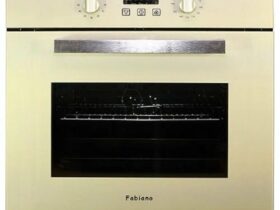A group of scientists from Great Britain announced that she managed, using modern computer technologies, to recreate a portrait of the great playwright and poet of the past – William Shakespeare in 3D format. The Daily Mail news agency reports that the final result of the project will be shown on September 13 on British television, namely on the History Channel channel.
The example for the experiment was found by scientists in the 1840s in Darmstadt posthumous mask. Recall that after her research, German experts made a conclusion according to which this mask is indeed made from the poet’s face. The authors of the 3D experiment also noted that the computer three -dimensional portrait, developed on the basis of the mask found, is significantly different from the traditional images of William Shakespeare already familiar to the world.
By the way, in addition to Shakespeare’s face, British scientists on the basis of posthumous masks also managed to recreate the appearance: Guy Julia Caesar, George Washington, Napoleon Bonaparte and Abraham Lincoln. In these cases, the researchers noted that the 3D portraits they receive are also different from the images of these famous people familiar to everyone.
It is worth noting that some of the colleagues of the authors of computer recreation said that there are doubts about the reliability of the results. So, for example, in a recent interview with Stanley Wells, the head of the Shakespeare Birthplace Foundation, said that today the scientists have no confidence that the Darmstadt Mask found was actually removed from the face of the famous playwright, therefore, the image of the face recreated on its basis. cannot be considered a reliable portrait of Shakespeare.
At the beginning of last year, Alec Cobb, a British restorer, showed the public a certain portrait of an unknown artist stored in his family from the 18th century, which allegedly depicts Shakespeare. Naturally, many art historians strongly doubt the veracity of such a statement.












Оставить коммент.